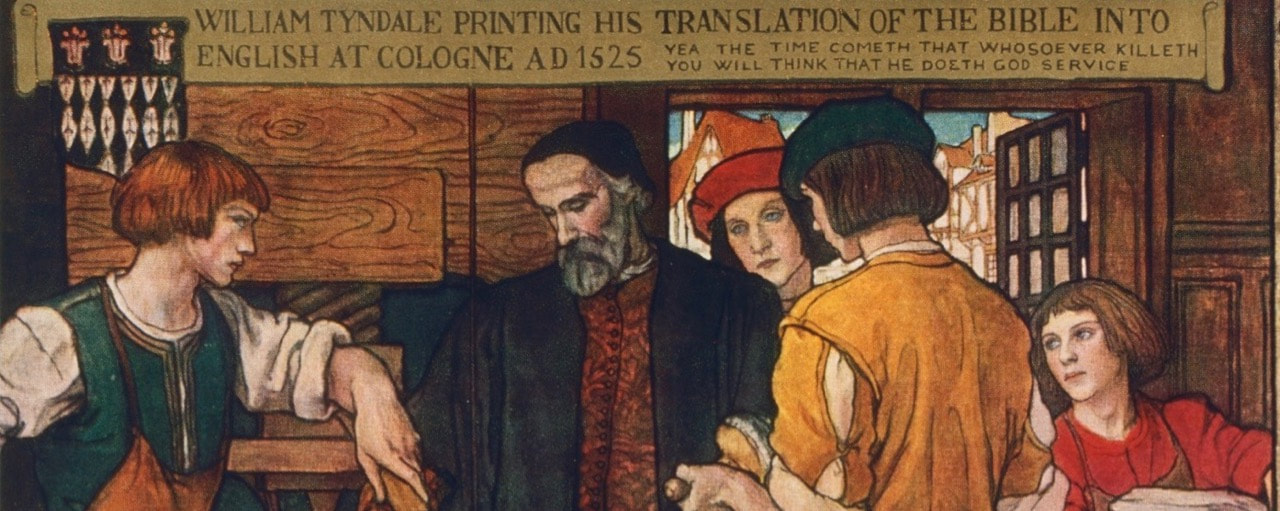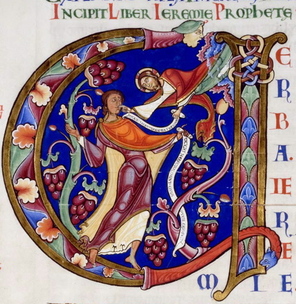What's in the Old Testament?
|
The Old Testament is a collection of 39 books written over more than one thousand years. It includes historical accounts of the nation of Israel, poetry, and prophetic proclamations. The English Bible groups the Old Testament into four sections: the Pentateuch (five books), History (twelve books), Poetry and Wisdom (five books) and the Prophets (seventeen books). The Jews organized the same Scriptures into three divisions: the Law, the Prophets, and the Writings.
The first five books, the Pentateuch, tell of God’s creation of the world, the first man and woman’s fall from God’s favor in the Garden of Eden, the Flood, the call of Abraham, and the history of the descendants of Abraham’s grandson Jacob (Israel) until the Jewish people became a nation in Egypt and escaped under the leadership of Moses. These books tell of God’s giving the Ten Commandments, the establishment of the Mosaic covenant, and a system of worship in the Tabernacle. The twelve books of history continue the story. The Jewish nation entered Canaan and went through seven cycles of being in servitude to a foreign nation, then crying out to God, receiving peace through the leadership of a judge, and again being placed in servitude. During the time of Samuel, the last judge, the people demanded a king, and so God anointed Saul, then David, and finally Solomon as kings. The reigns of David and Solomon were the height of Israel’s glory. After Solomon’s death in 931 BC, the nation divided into the northern kingdom, called Israel, and the southern kingdom, called Judah. None of the kings of the northern kingdom were godly men, and in 722 BC the Assyrians captured Israel, took the people into captivity, and the Israelites never returned to the Promised Land. Some of the kings of the southern kingdom “did evil in the sight of the Lord” and others “did what was right.” In 586 BC the Babylonians captured Judah and took the leading citizens into exile. Over the next nearly 150 years there were three returns |
of Jews from Babylon to their land. The Old Testament ends with Nehemiah returning to Jerusalem and finding that some Jewish men had married foreign women and that their children could not even speak Hebrew.
The third section of the Old Testament is poetry and Wisdom Literature. These five books all reflect the human heart and its encounter with God, with sin, and with the issues of life. We can identify closely with these because the human heart has not changed in the last three thousand years. The final section consists of seventeen books written by prophets—men who communicated God’s message courageously. A tremendous variety exists in the personalities and writing styles of the prophets, but they tended to have four themes: (a) they exposed the sinful practices of the people; (b) they called the people back to the moral, civil, and ceremonial law of God; (c) they warned of coming judgment; and (d) They anticipated the coming Messiah. Malachi was the last book of the Old Testament to be written, between 433 and 420 BC. |

